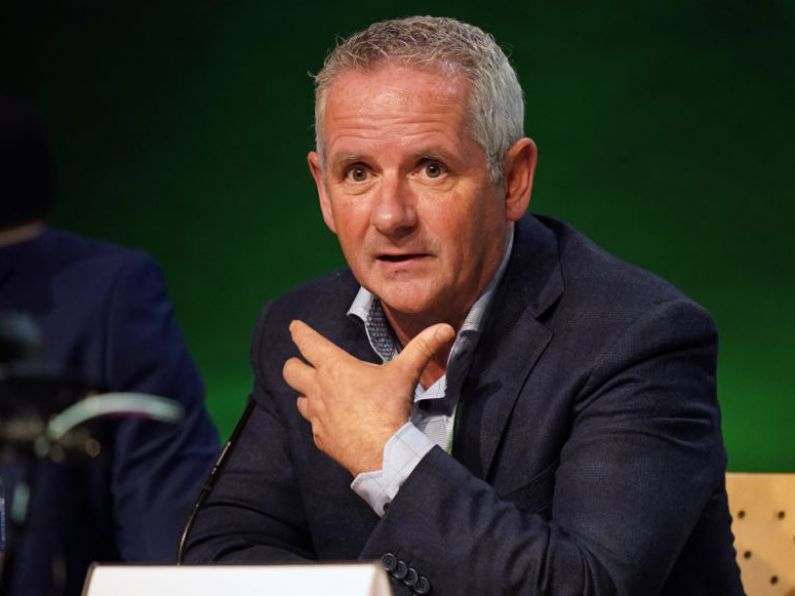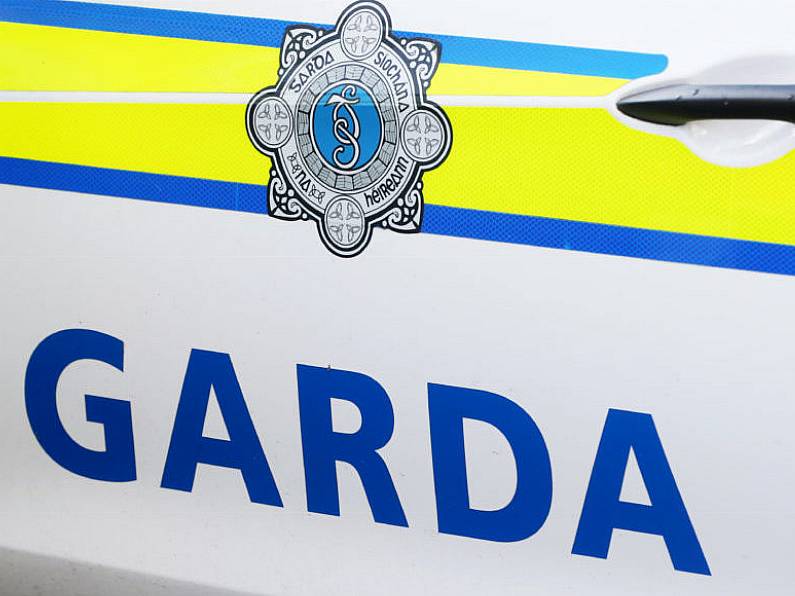Drugs possession for personal use in Ireland should be met with a health-led approach, rather than a criminal justice response, the Citizens’ Assembly on Drugs Use has recommended.
The assembly said that while possession of illicit drugs should remain illegal, those found in possession should be given “first and foremost, extensive opportunities to engage voluntarily with health-led services.”
It said such an approach would “potentially completely remove the possibility of criminal conviction and prison sentences for simple possession”.
It is one of a number of recommendations in the assembly’s final report, published today.
Taoiseach Leo Varadkar has previously said he will give “careful consideration” to any recommendations to reform Ireland’s drug laws in the report.
The assembly, chaired by Paul Reid, has compiled the report after being tasked by the Oireachtas to consider the legislative, policy, and operational changes Ireland could make to significantly reduce the harmful impacts of illicit drugs on society.
It held several public meetings between April and October 2023.
The report was being launched by Mr Reid and Government chief whip Hildegarde Naughton in Dublin Castle.
Among its recommendations is that the State should introduce a “comprehensive health-led response to possession of drugs for personal use”.
The report said: “The State would respond to drug use and misuse primarily as a public health issue rather than as a criminal justice issue.
“Depending on how the legislation was designed, this approach would minimise, or potentially completely remove, the possibility of criminal conviction and prison sentences for simple possession.”
Our chair, @paulreiddublin , met with Taoiseach @LeoVaradkar & @1Hildegarde earlier today to outline the #CADrugsUse findings & recommendations. pic.twitter.com/zeUtTlbwHM
— The Citizens' Assembly (@CitizAssembly) January 25, 2024
It added: “A member of An Garda Síochána, on finding someone in possession of illicit drugs for personal use, would refer that person directly to a SAOR Brief Intervention, designed to assess, inform, dissuade, and prevent people from developing problematic drug use, and where appropriate, offer a person an onward referral to addiction services.
“This mirrors the practice in both Austria and Portugal, which both combine health diversion, decriminalisation, and dissuasive sanctions, which the assembly has heard about in some detail.
“There are several open questions about how Ireland might best legislate for this model, but it is clear that this approach seeks to combine the objectives of health diversion, dissuasion and decriminalisation.”
Mr Reid said: “The Citizens’ Assembly has agreed 36 recommendations.
“Implementation of these recommendations will require a major step-change in terms of how the State responds to drug use.
“On most issues, the Citizens’ Assembly achieved broad consensus about the path forward.
“However, on certain issues, particularly in relation to possible legislative change, there was greater divergence of opinion.
“Notably, the vote on whether or not to recommend legalising cannabis came down to one single vote, showing just how divided opinion is in relation to certain issues.
“Regarding the recommendation to adopt a comprehensive health-led response to the possession of drugs for personal use, the Citizens’ Assembly has recommended that the Oireachtas and Government carefully examine the legal issues arising, and design an approach that simultaneously promotes health diversion, dissuasion and decriminalisation, either on a de jure or de facto basis.”
By Jonathan McCambridge and Cate McCurry, PA
Keep up to date with all the latest news on our website Beat102103.com.






